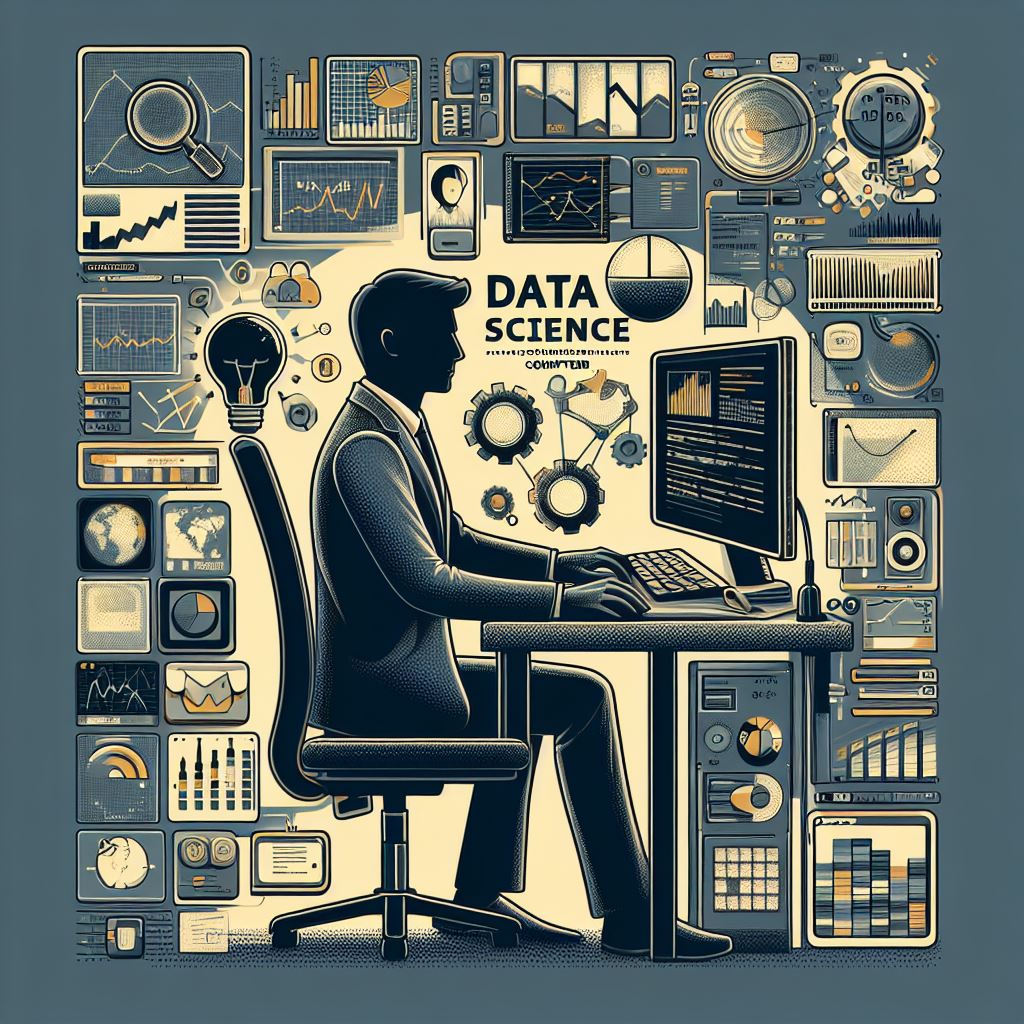Machine learning (ML) is transforming industries across the globe, and healthcare is no exception. By harnessing the power of data, ML is providing new insights and driving innovative solutions that are reshaping patient care, improving diagnosis accuracy, and enhancing treatment strategies. In this article, we will explore the key applications of ML in healthcare and how these technologies are revolutionizing the medical field.
One of the most significant applications of ML in healthcare is in diagnostics. Machine learning algorithms are increasingly being used to analyze medical images, such as X-rays, MRIs, and CT scans, with remarkable accuracy. These algorithms can detect abnormalities that might be missed by human eyes, helping doctors make more accurate diagnoses. For example, deep learning models have shown promise in identifying early-stage cancers, such as breast or lung cancer, often at a point where the disease is more treatable.
Another critical area where ML is making an impact is predictive analytics. By analyzing large datasets from electronic health records (EHRs), wearable devices, and even genomic data, ML can predict patient outcomes and potential risks. For instance, predictive models can identify patients at high risk of developing chronic conditions like diabetes or heart disease. This early warning system enables healthcare providers to implement preventative measures, potentially saving lives and reducing healthcare costs.
Personalized medicine is another rapidly growing area where ML is playing a transformative role. By analyzing genetic, environmental, and lifestyle data, machine learning can help create customized treatment plans for individual patients. These personalized approaches have the potential to increase the effectiveness of treatments, minimize side effects, and improve patient outcomes. With the help of ML, healthcare providers can offer more targeted therapies, especially in areas like oncology and rare diseases.
In drug discovery, ML is accelerating the development of new treatments. Traditionally, the process of discovering and developing new drugs is time-consuming and costly, often taking years or even decades. Machine learning algorithms can speed up this process by analyzing vast amounts of data to identify potential drug candidates more efficiently. By predicting how different compounds will interact with the body, ML models can help researchers identify promising treatments for diseases faster and at a lower cost.
Moreover, ML is enhancing the field of healthcare operations. Hospitals and clinics are using machine learning to streamline their administrative processes, manage resources, and optimize patient flow. For example, ML algorithms can help predict patient admission rates, allowing hospitals to better allocate resources such as beds, staff, and equipment. This can lead to improved operational efficiency and a better experience for patients.
While the benefits of ML in healthcare are vast, there are still challenges to overcome. Data privacy and security are major concerns, as healthcare data is highly sensitive. Additionally, the integration of ML systems into existing healthcare infrastructure requires careful planning and collaboration between medical professionals and technology experts. Nonetheless, the potential of ML to improve patient outcomes and transform healthcare delivery is undeniable.
Conclusion:
Machine learning is rapidly becoming an essential tool in healthcare, with applications ranging from diagnostics and predictive analytics to drug discovery and personalized medicine. As these technologies continue to evolve, the healthcare industry will experience profound changes, leading to more accurate diagnoses, improved treatments, and a more efficient healthcare system. As we look to the future, it’s clear that machine learning will be a cornerstone of the next generation of healthcare innovation.
5


